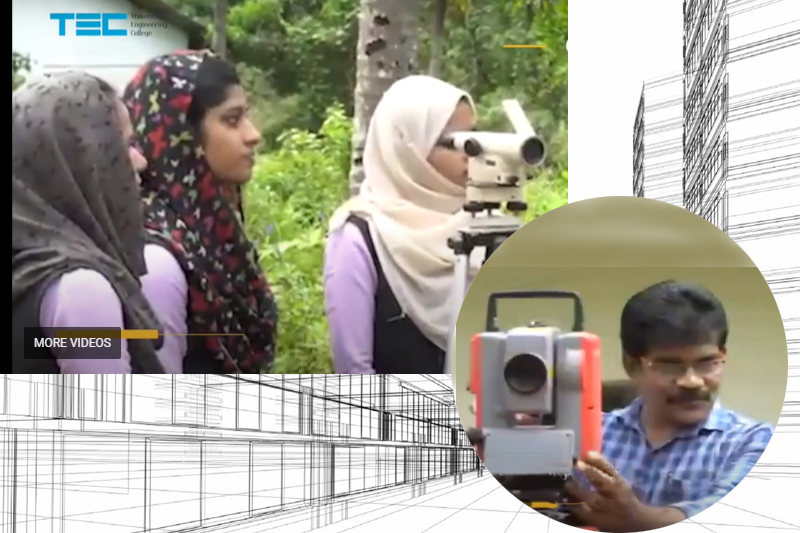 Academic offerings include 95 majors, 86 minors, and more than 100 in-major specializations
Academic offerings include 95 majors, 86 minors, and more than 100 in-major specializations- Home
- The Institute
- About
- Administration
- Our Campus
- General
-
 Academic offerings include 95 majors, 86 minors, and more than 100 in-major specializations
Academic offerings include 95 majors, 86 minors, and more than 100 in-major specializations
- Departments
- Admissions
- Committees
- Research&Consultancy
- General

 Applied Science
Applied Science








